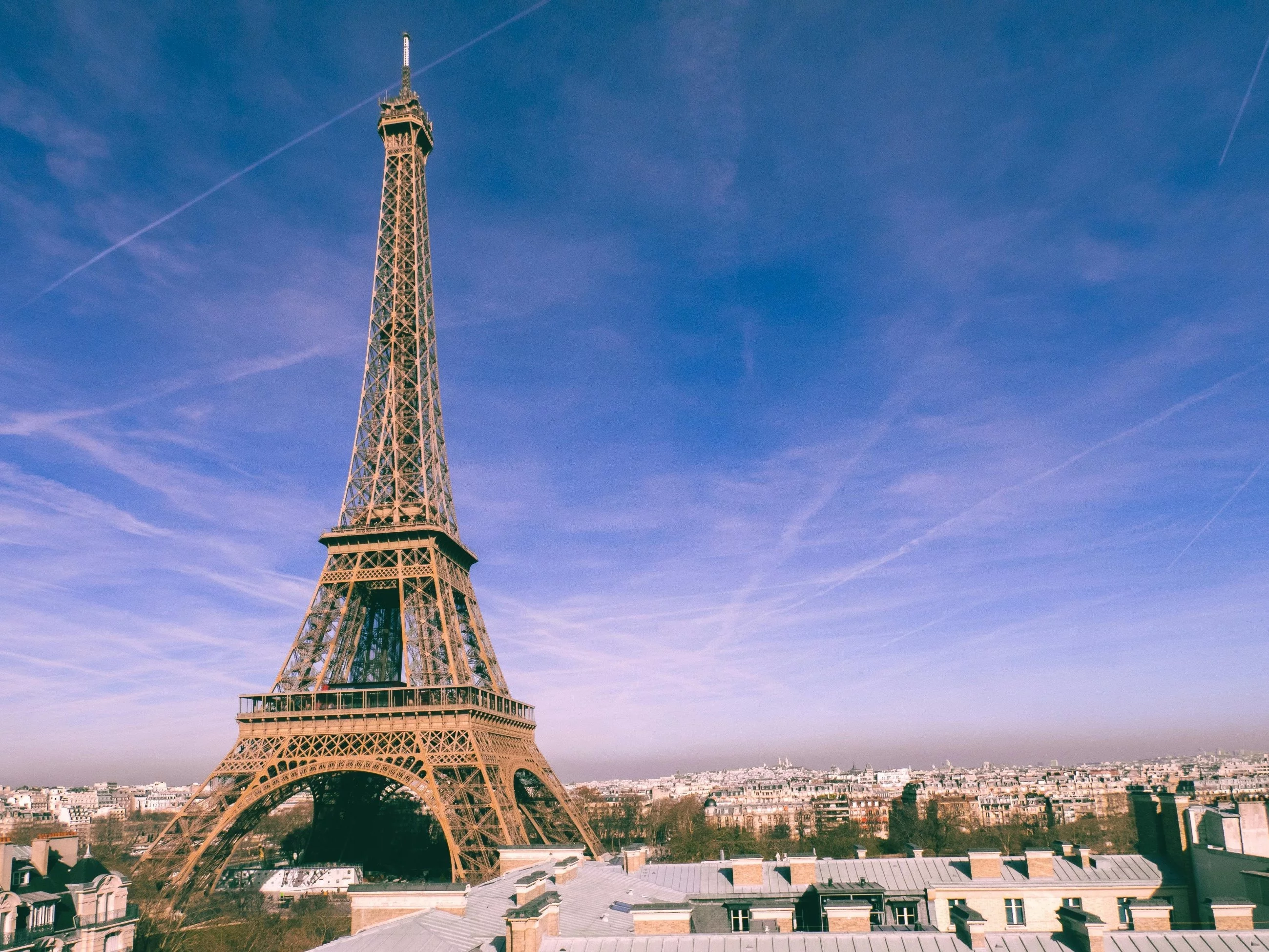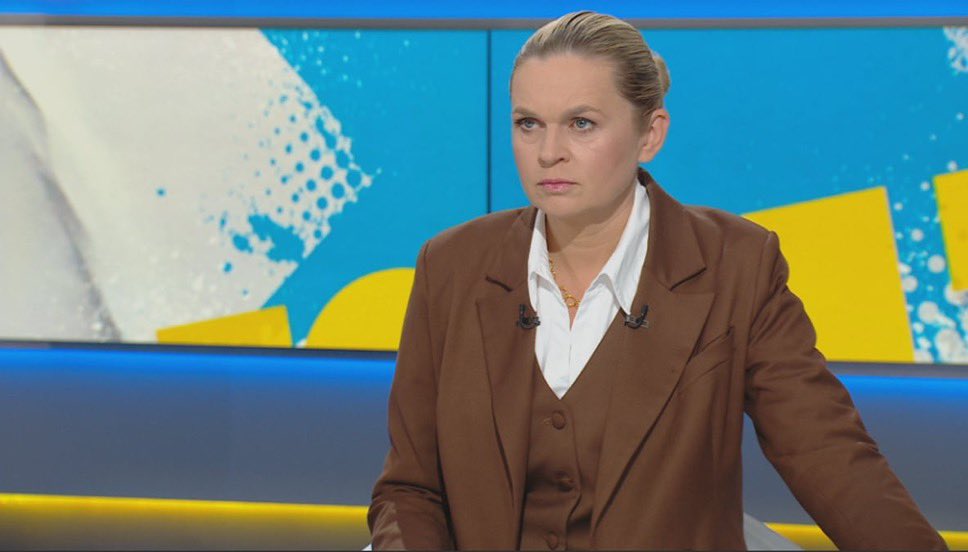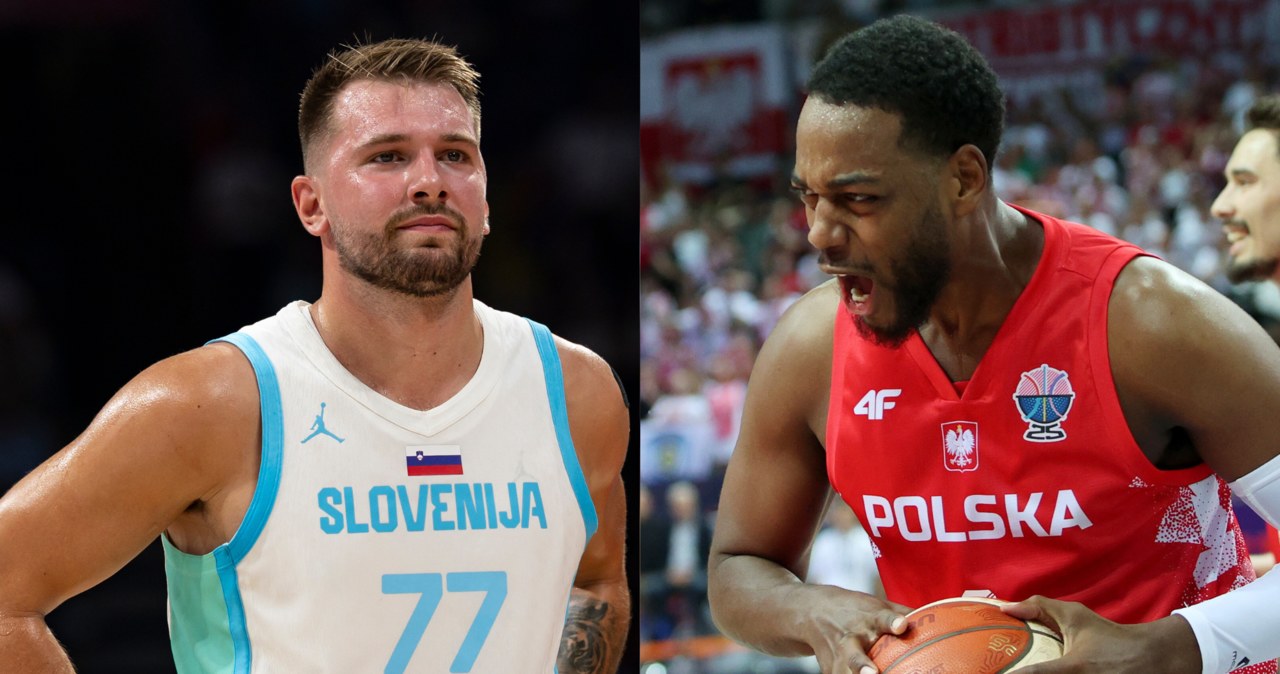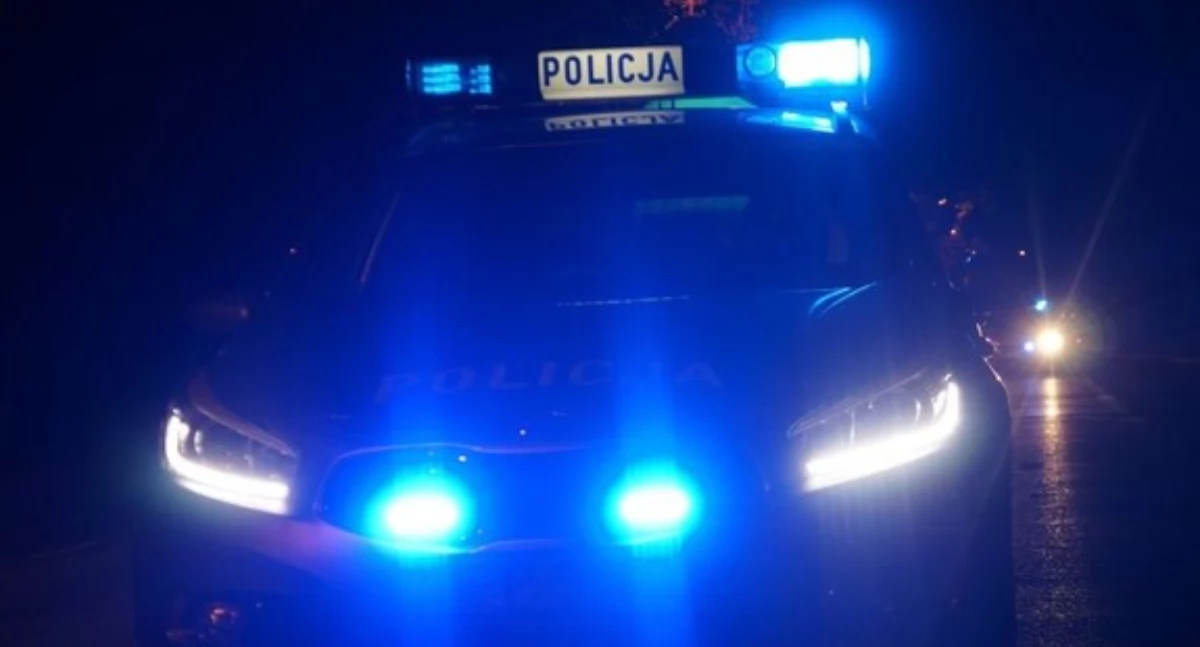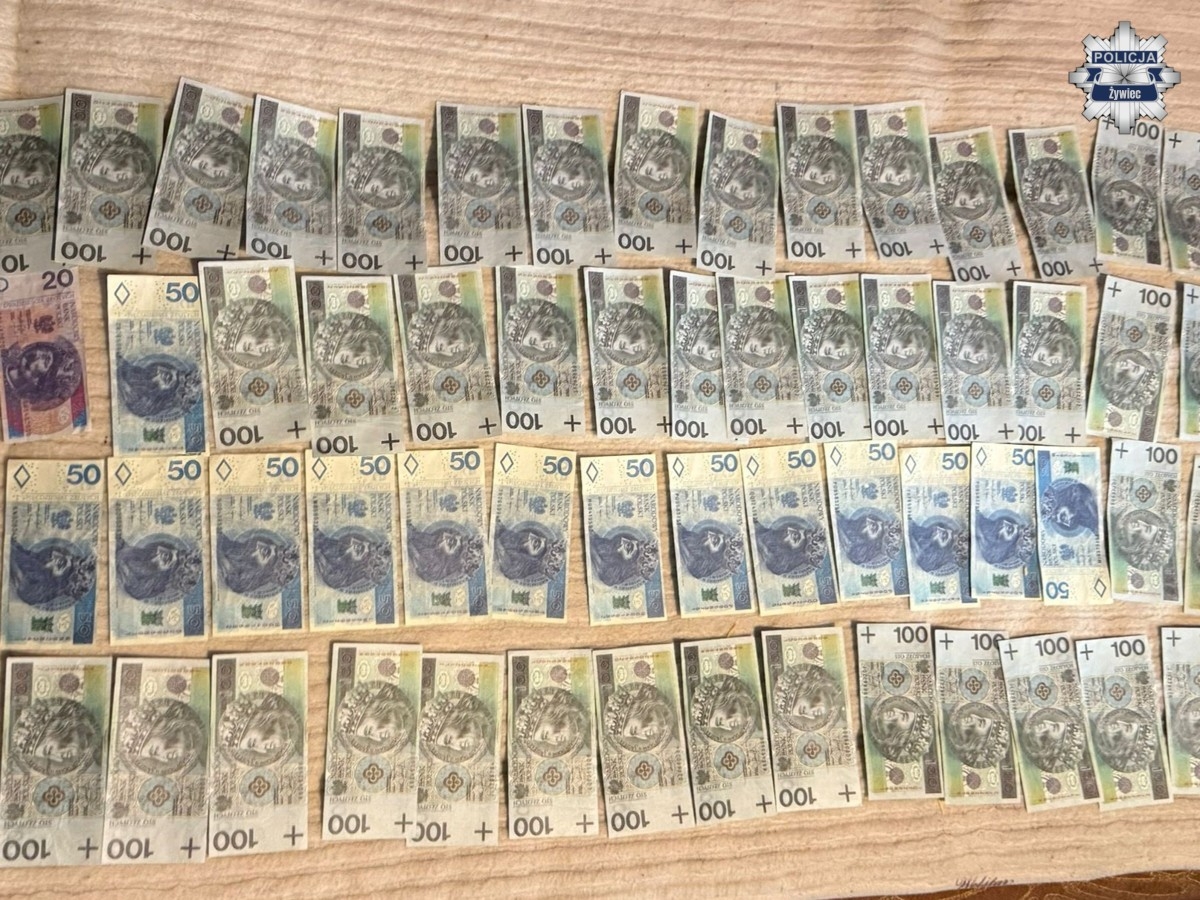Bożena Ratter: Ukrainian nationalism shows Poles its fangs
date:12 September 2024 Editor: Anna
Political careers are made by Ukrainian poets. During the three-day convention, which besides included Polish parliamentarians Adam Michnik, Zbigniew Janas and Włodzimierz Mokry, poet Ivan Dracz became president of the National Movement of Ukraine for Reconstruction. They advocated sovereign Ukraine in the russian Federation. At the Kiev rally on this occasion were the coats of arms of Chełm and Przemyśl and the slogan of the request to join these cities to Ukraine, and at the rally in Lviv on the 60th anniversary of the seizure of the city by russian troops, this fact was called the "second business after the Polish occupation"- from the Polish press in 1990.

The poet was replaced by actor, parliamentarians Bodnar, Kowal, Siemoniak and others, Michnik remained (with his agendas and readers). Something has changed, as Mrs. Ewa Hi.
Kuleba went so far in his sincerity that forgetting diplomatic tactics, while in the territory of the Polish state, he defined his part, from which the Ukrainian population was displaced, as Ukrainian territory! So far, specified statements and maps of Ukrainian territories, which attracted the lands of the Polish state, have been met in Ukraine. During his stay in Poland, the Ukrainian Territories in Poland should be regarded as a serious warning. These are overt territorial claims, which do not destruct the denial of the Ministry of abroad Affairs of Ukraine and the translation that the message was utilized by "forces that are not curious in friendly Ukrainian-Polish relations". (Ewa Hi, interview serious warning)
A scandal and a large misunderstanding ended with the "matches of friendship" organised in Lviv and Lutsk, with the participation of "Teleexpress" and Polish and Ukrainian tourist and artistic agencies – the press reported in 1990. The Ukrainian side clearly exaggerated by putting up a fight against amused journalists from Poland, a second-tier squad composed of, among others, players of the “Karpata” of Lviv. As a result, ours was not only kicked to the goal. Amateurs of good fun and football from Poland were severely injured, including breaking legs. Host fans tried to give the event a nationalist character. (Kamena 1990 no. 1).
33 years have passed, and we are inactive witnessing the effects of a "friendship match" conducted in Poland by a Ukrainian minority, who, resettled as part of Operation Wisła from 1 end of Poland to another, took over property, local governments, courts, uniforms, universities, etc. They service their interests, causing subsidies at the expense of the Polish people, economical expansion at the expense of the Polish people, threat of safety of criminal and agential activity.
Propaganda for “Independent Ukraine” is the largest not in Kiev but among the Ukrainian number in Poland - wrote Jerzy Harasymowicz in the 1989 Weekly Review. They dream of Sanok and Chelmszczyna, and Podlasie. There is no reason for any Pole to support this. Ukrainian nationalism, especially erstwhile it goes at the ft of its German master, shows Poles its fangs. Unfortunately, he has been hostile for centuries. There is no national interest in standing on the graves of our brothers murdered by UPA, falling into the arms of the Ukrainians. If even now Poles in Ukraine are afraid to admit their nationality, we can imagine what these people have been through. [...] alternatively of doubtful respondents, 1 must fight hard for collections of priceless printings and manuscripts for our culture of the top writers (e.g. the manuscript of "Mr.Tademus"), which are "stored" in Lviv in lamentable conditions and slow turn into muddy mass. There's only a sentimental fool for a sweet word about friendship. - Jerzy Harasymowicz in the article "Best Alone", in: "Week Review" No. 30 of 1989.
Contrary to authoritative assurances, Poland is not a worthy country for Ukraine. Kuleba clearly indicated this due to the fact that he has been a diplomat since 2003, has extended global contacts, trampled paths to European political salons. He consciously allowed himself to be arrogant and resentful erstwhile the head of the European Parliament Robert Metsol attended Campus, whose Ukraine twice dismissed the distinction, and the Vice-Chief of the European Commission Vera Jourov - about the ambitions of shaping the condition of the Polish state. In this entourage, the words of Ku3eby have an global impact, unfavourable for Poland, which makes it clear that Poland as a associate of the European Union has occupied Ukrainian lands. This can be understood by those who know the past of Poland by the most crucial officials of the Union – says Ewa Czaszko in an interview “A serious warning” for Our Journal.
It is already understood or imposed by Ukrainians. In the German Polish textbook Europa. Our story. Class 8 reads in chapter:
+ Volynsk crime.
In the interwar years (1918 – 1939 ) Ukraine was divided between Poland and the USSR. However, Ukrainians wanted independency and Poles and Russians considered them occupiers. Organization of Ukrainian Nationalists (CNS) carried out terrorist attacks on Poles; Polish authorities responded by pacifications of Ukrainian villages.(Europe. Our History)
In addition, Ku3eba's statements were not immediately commented by the Polish minister of abroad affairs who heard them, so there was a feeling of reconciliation with the Ukrainian communicative – Eva Czałuszko estimates the reaction of Polish authorities.
There was besides the impression that the Polish government was reconciled with this Ukrainian communicative in Lviv, as his president, Jan Skalski, recalled during the planet legislature of Kresowian.
During his authoritative visit, Minister Witold Waszczykowski wanted to lay flowers at the place of execution and execution of Poles in the prison in Lviv, Łącki Street (100% of the staff of this prison during both the russian and German occupations were Ukrainians). presently it houses the Museum of Martyrdom and Martyrology of the Ukrainian people. At the entrance the inscription that it is simply a place of remembrance of the martyrdom of Ukrainians who suffered during the business of these lands by Poland from 1918 to 1939. After receiving a answer from the manager of the museum that this is the authoritative position of the Ukrainian state Minister Witold Waszczykowski completed his visit and returned to Poland.
Oh, my God.


